Porsche had its annual financial meeting last week, where CEO Oliver Blume announced the Boxster/Cayman twins, known as 718 series cars to Porsche aficionados, would become battery-electric cars “by the middle of the decade.” Autoblog points out that while Oliver Blume has not revealed precisely when the electric models will make their debut or when the current 718s will retire, the timeline corresponds with the 2025 launch of the Euro 7 emissions rules that are designed to make many conventional vehicles unviable. By 2030 — in less than a decade — "the share of all new vehicles with an all-electric drive should be more than 80 percent," according to Oliver Blume, Chairman of the Executive Board of Porsche AG. He spoke at a corporate event in Germany.
Oliver Blume hinted at the meeting that the 911 that has been in production in one form or another since 1964 will get a plug-in hybrid version at some unspecified point in the future. The company intends to continue offering internal combustion engines alongside its plug-in hybrid and battery-electric models. Even the current Macan will retire at that time and be replaced by an electrified model.
The trail toward battery-electric power for the Porsche 718 cars has been evident since the company revealed its Mission R concept. The challenge for Porsche engineers has been how to control the weight of its electric cars so as not to compromise the agility and feel of a Porsche. The battery-powered versions of the Boxster and Cayman will tip the scales at around 3,650 pounds, about 625 pounds more than the existing Porsche cars. Rear-wheel drive will be the default mode, but there are rumors that dual-motor versions of the cars may be under consideration. The company started selling its first hybrids in 2010 and its first all-electric model, the Taycan, in 2020. Last year, more than one out of every eight vehicles the company sold was a Taycan.
German automaker Porsche has announced that it is planning on building its own network of electric vehicle charging stations. The company said that to achieve this ambitious goal, it is investing in premium charging stations together with partners and additionally in its own charging infrastructure. They had already announced its partnership with battery manufacturer Cellforce, breaking ground this year on a factory near a Porsche plant in Germany. The factory will initially produce enough batteries to power 1,000 "electrically powered Porsche models with high-performance drivetrains" per year.
Porsche is also planning to invest around €500 million to develop e-fuels in its principal factory in Stuttgart-Zuffenhausen to convert its 718 series production lines to manufacture battery-electric models. The first of the new cars are expected to roll off the assembly line in 2023, the same year the battery-electric Macan commences production at the factory in Leipzig. The German government relinquished its own e-fuel goals and embraced a complete ban on cars with internal combustion engines by 2035 as the European Union is in favor of banning the sale of cars with internal combustion engines by 2035. Automobile manufacturing is big business in Germany, what with Volkswagen, Audi, Porsche, BMW, and Mercedes Benz, plus Tier One suppliers like Bosch, Siemens, and Continental accounting for hundreds of thousands of jobs directly related to automobile production. Will we witness a wave in upskilling people and those jobs shifting towards the electric vehicle sector?


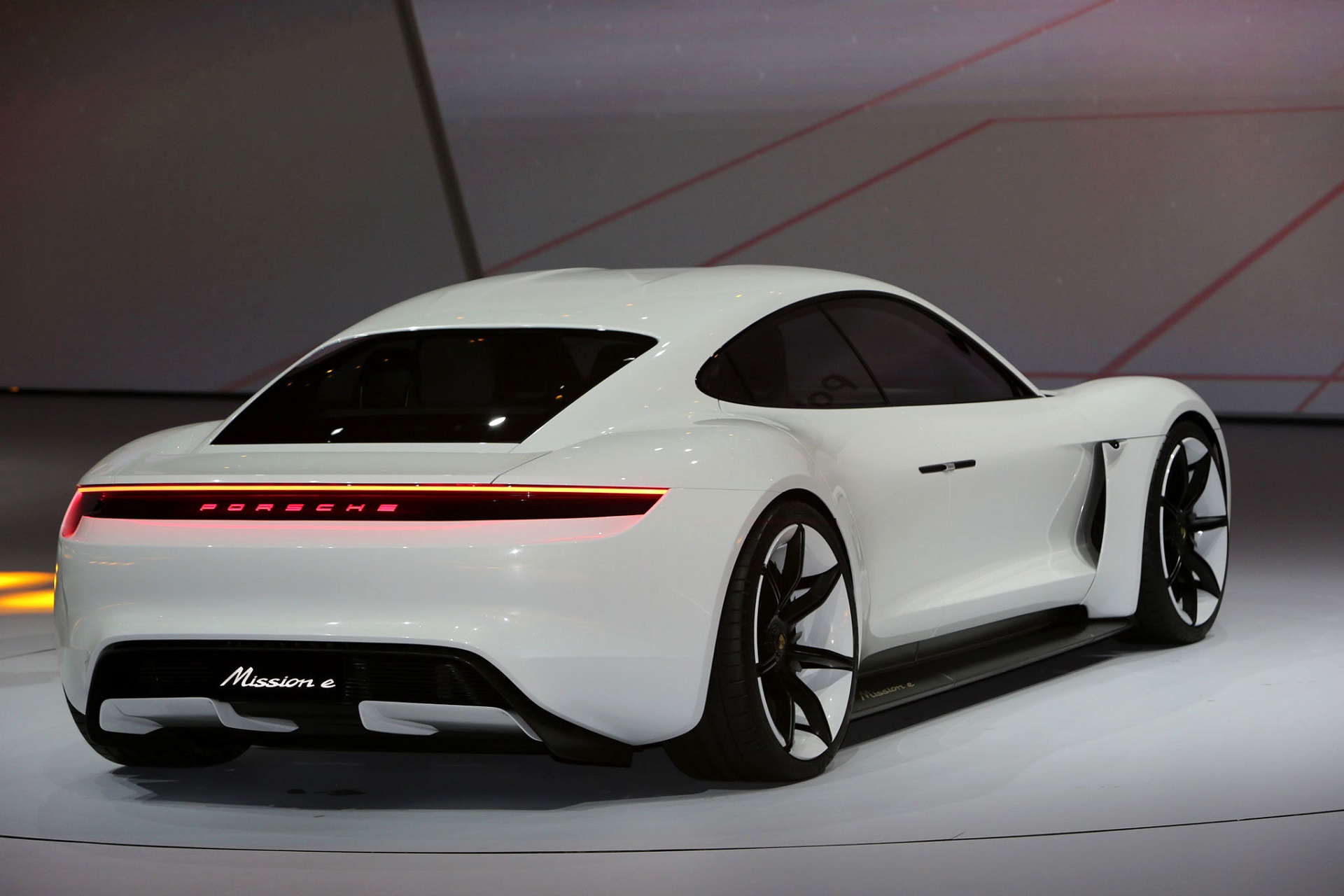
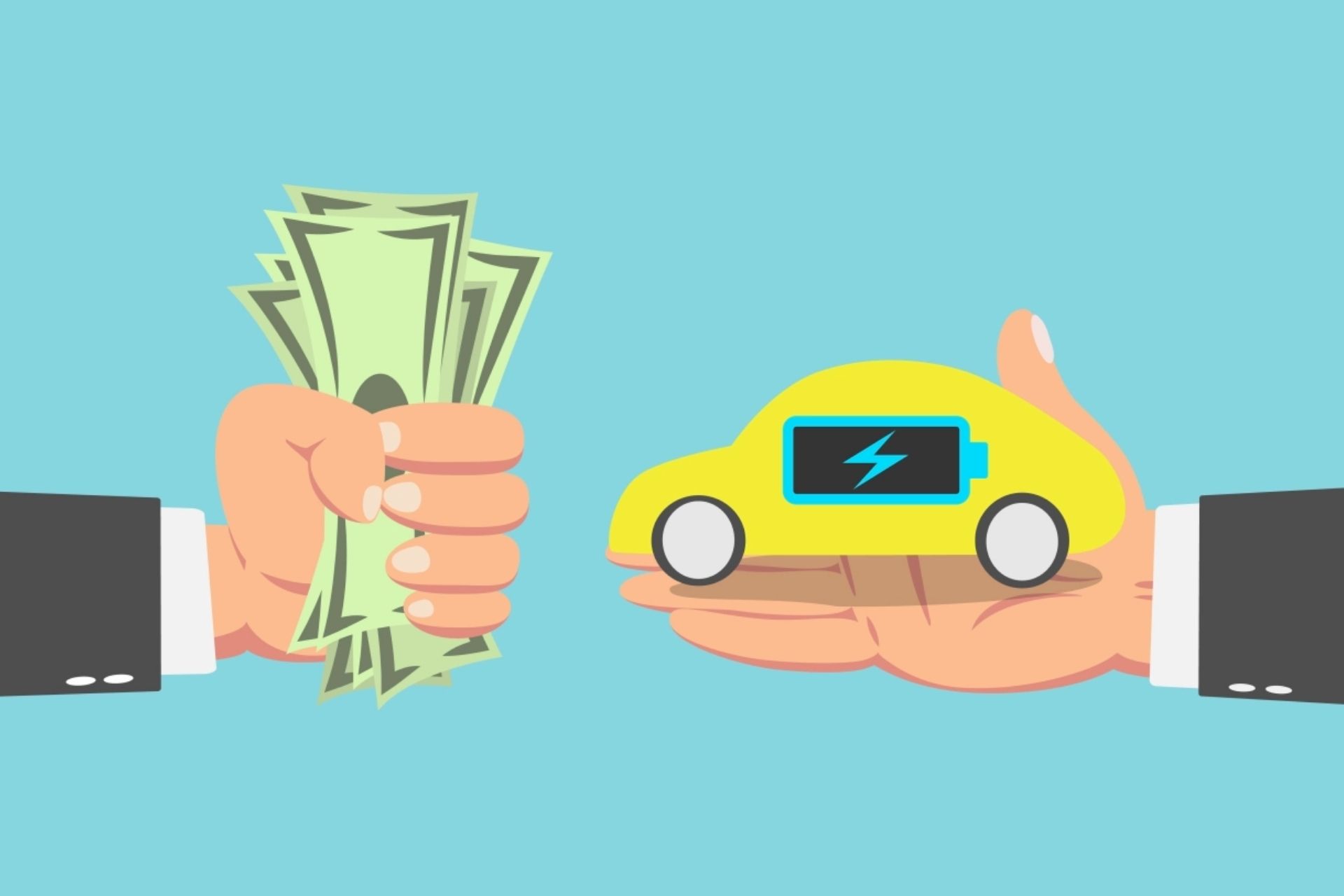
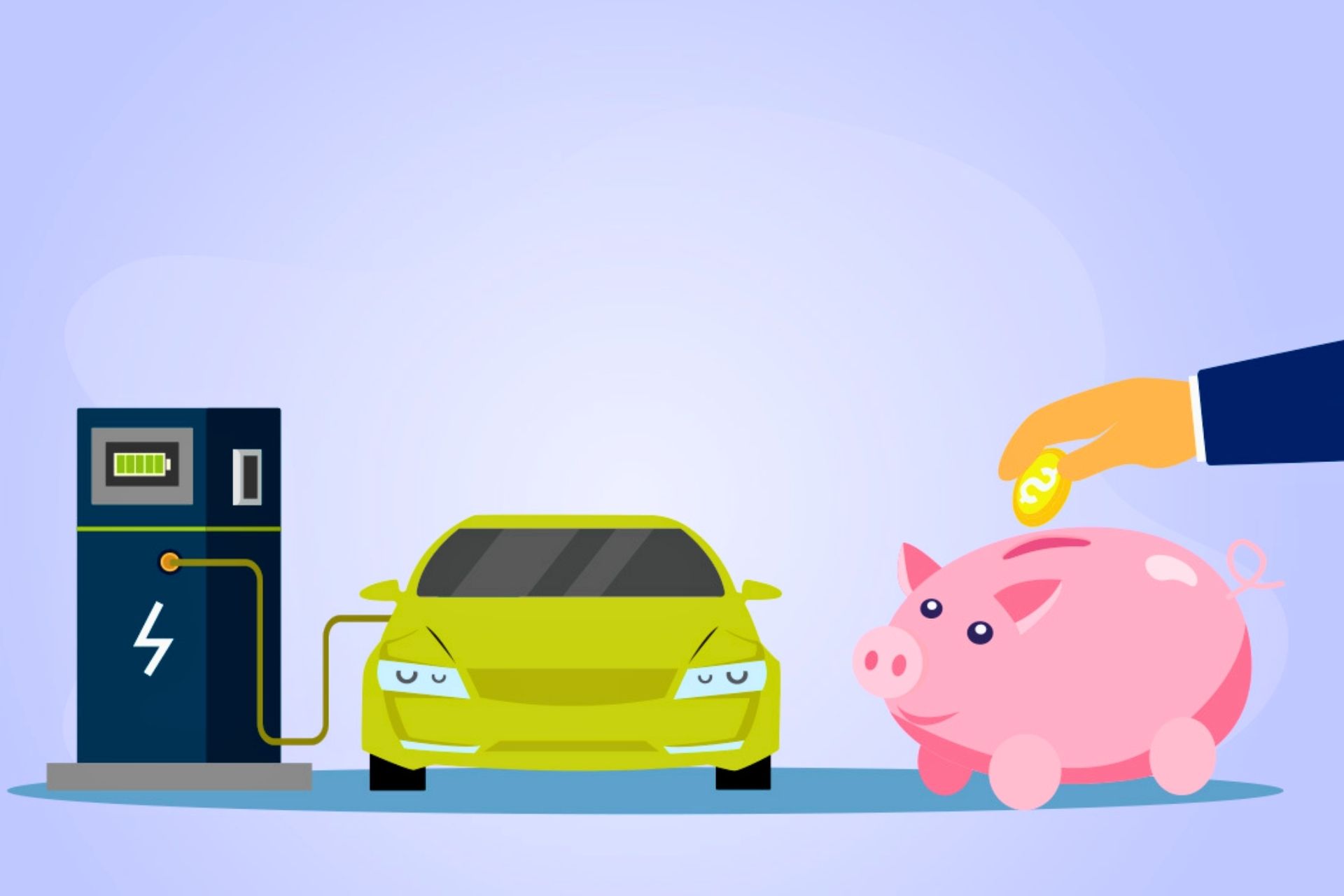
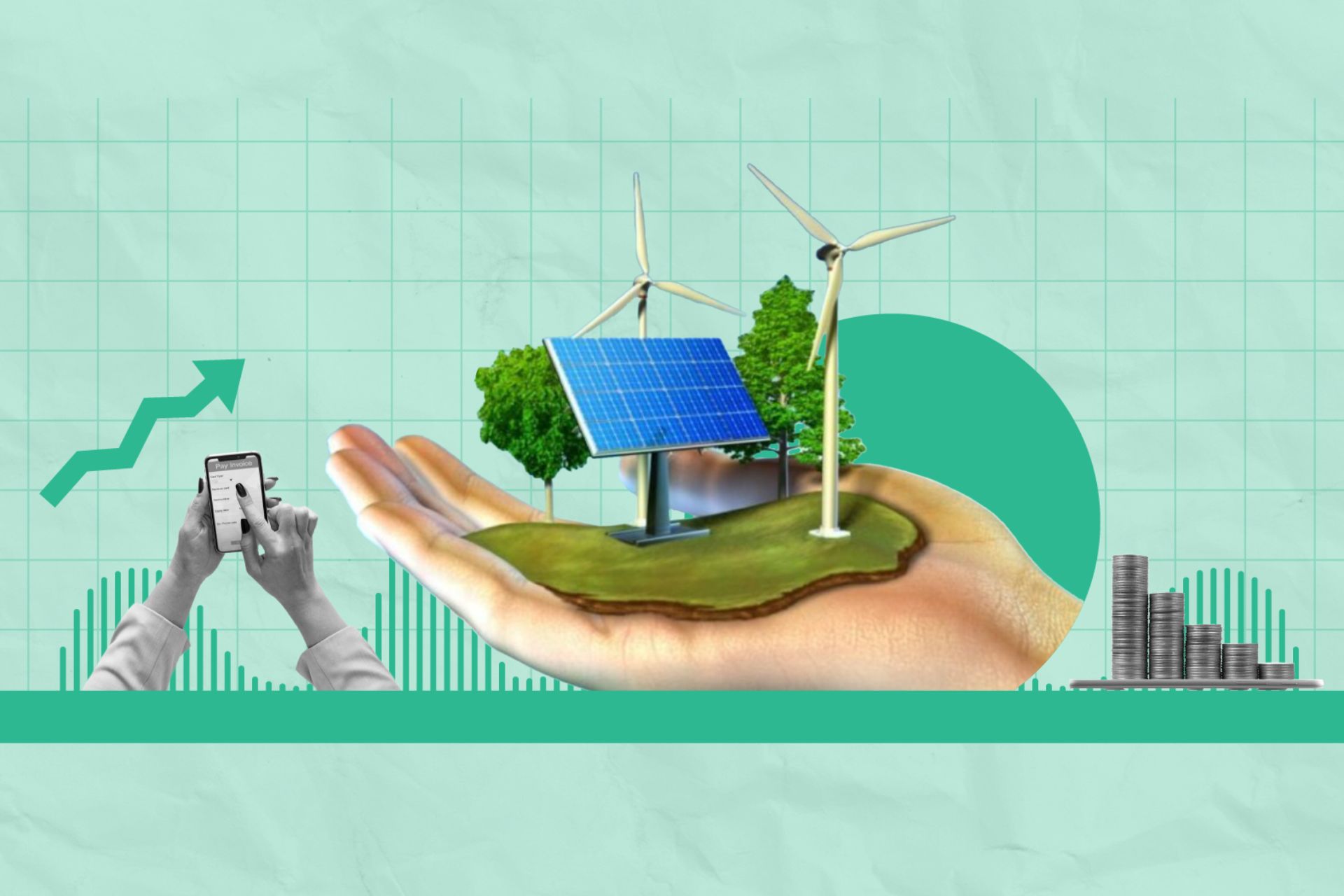
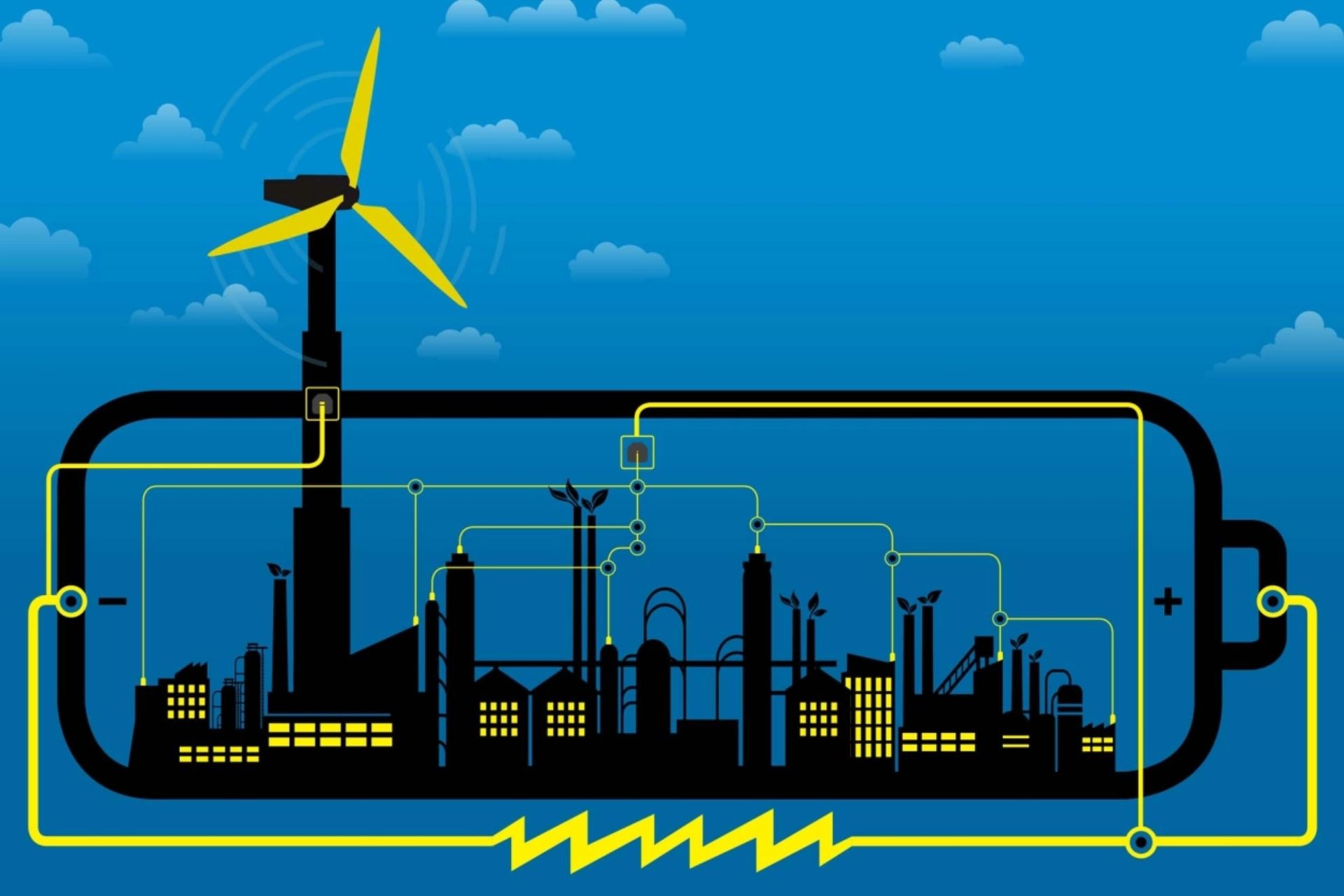
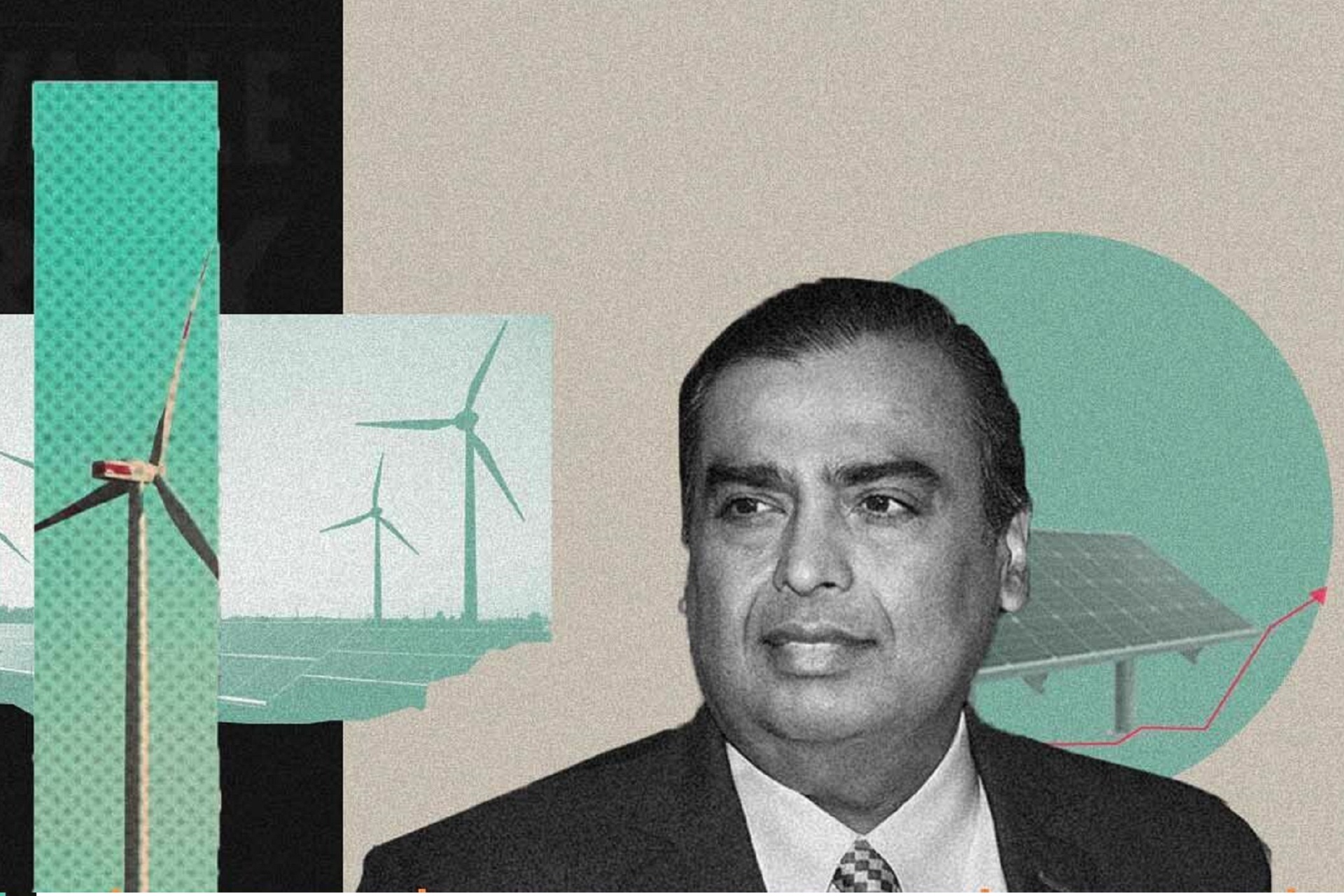
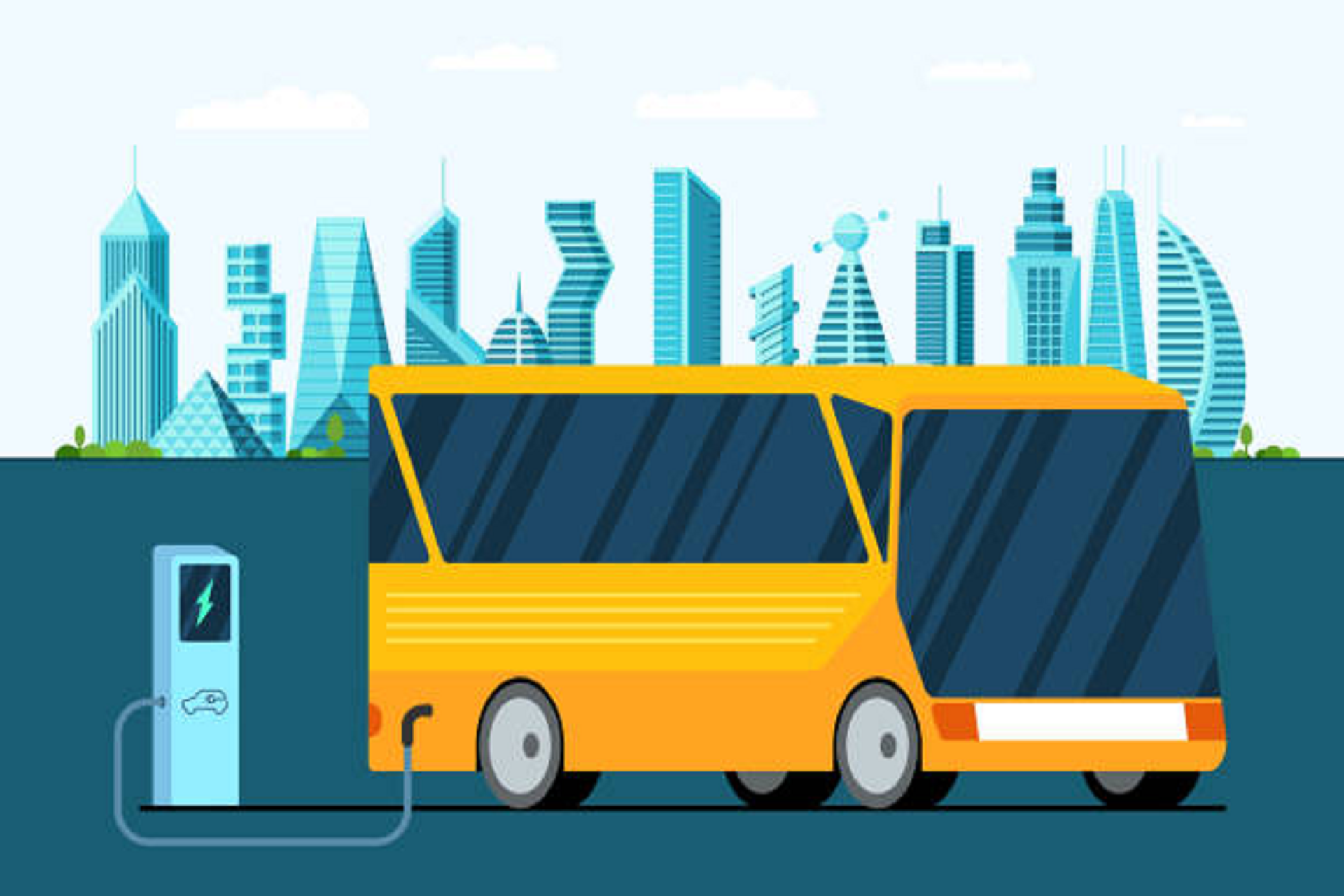
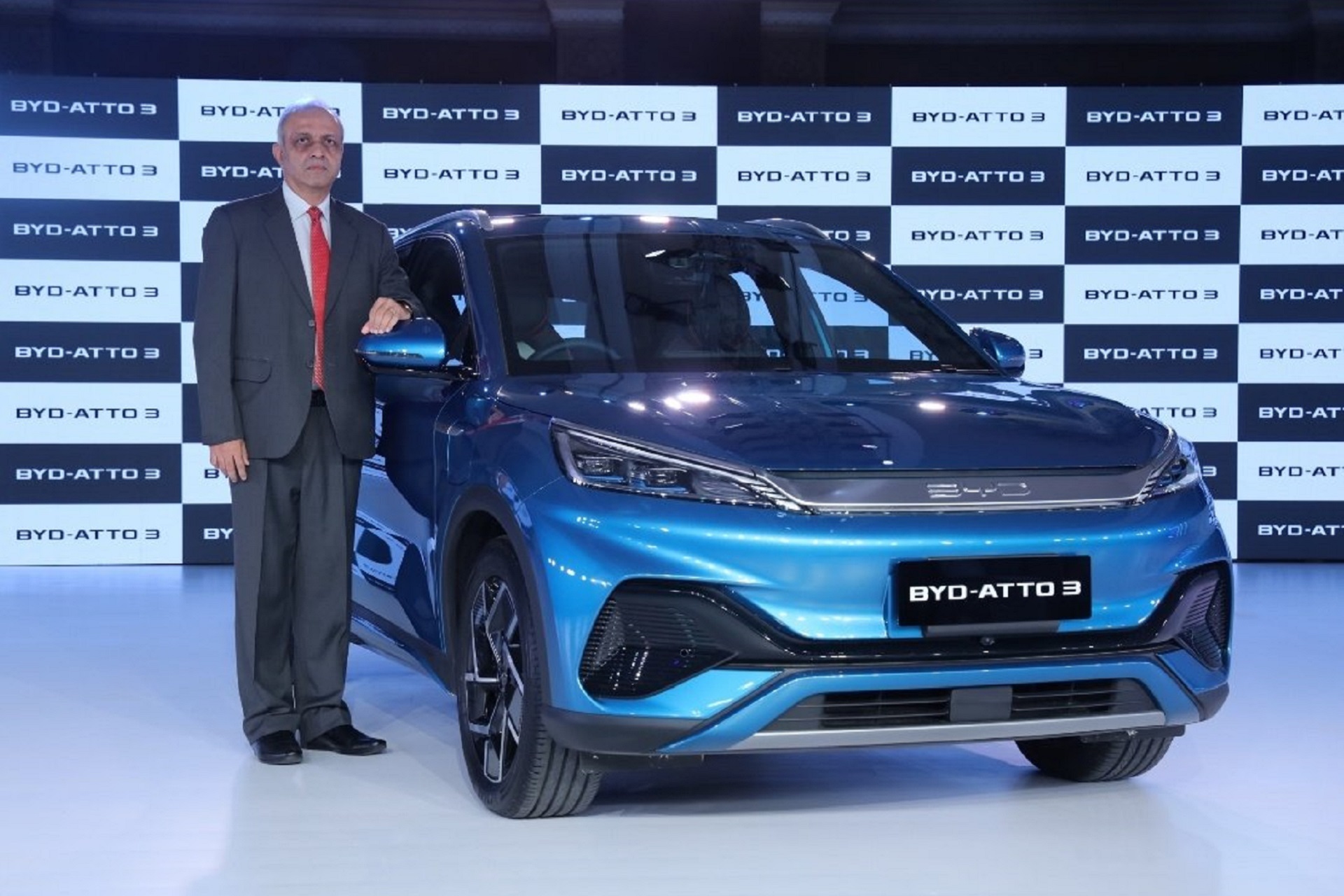
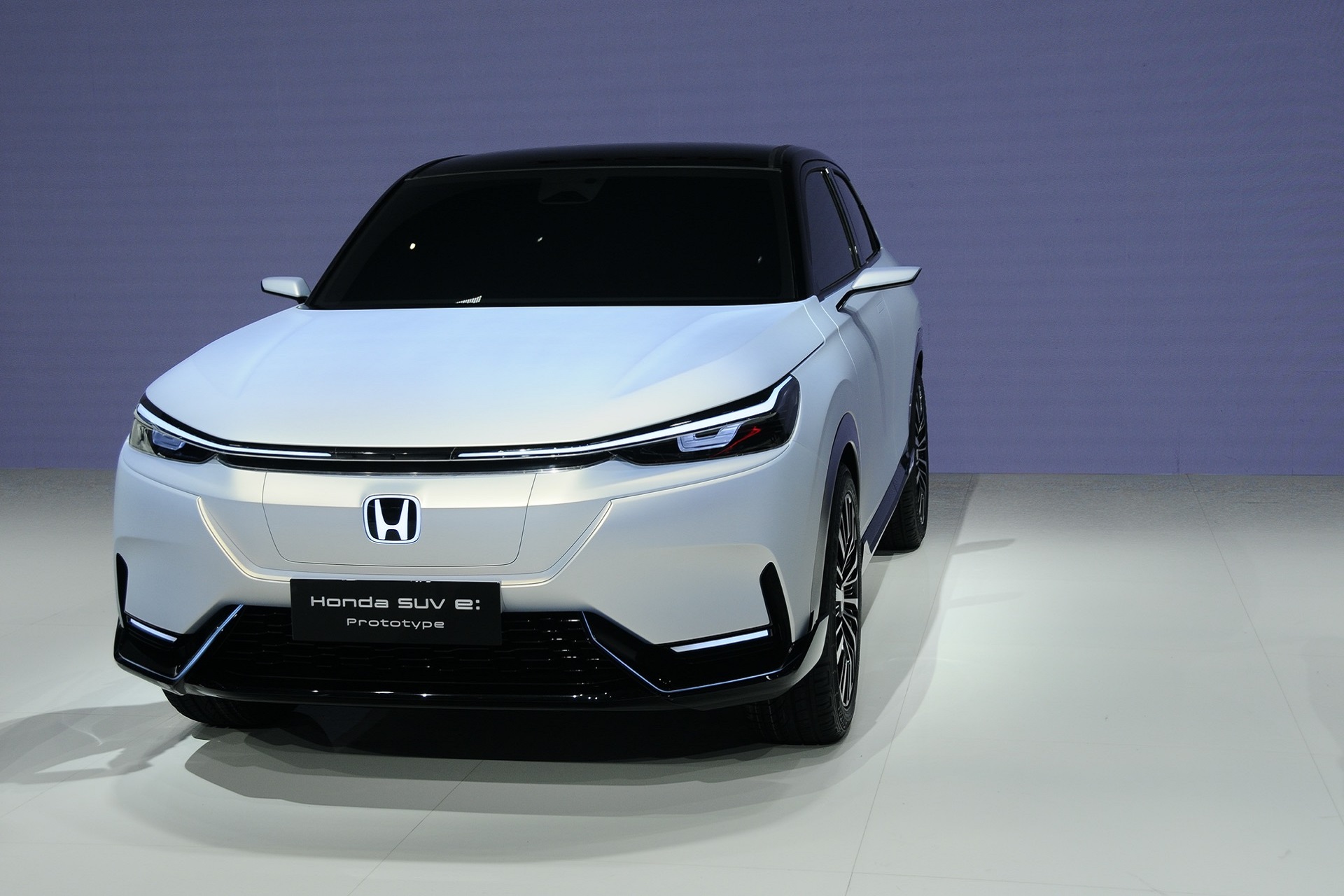
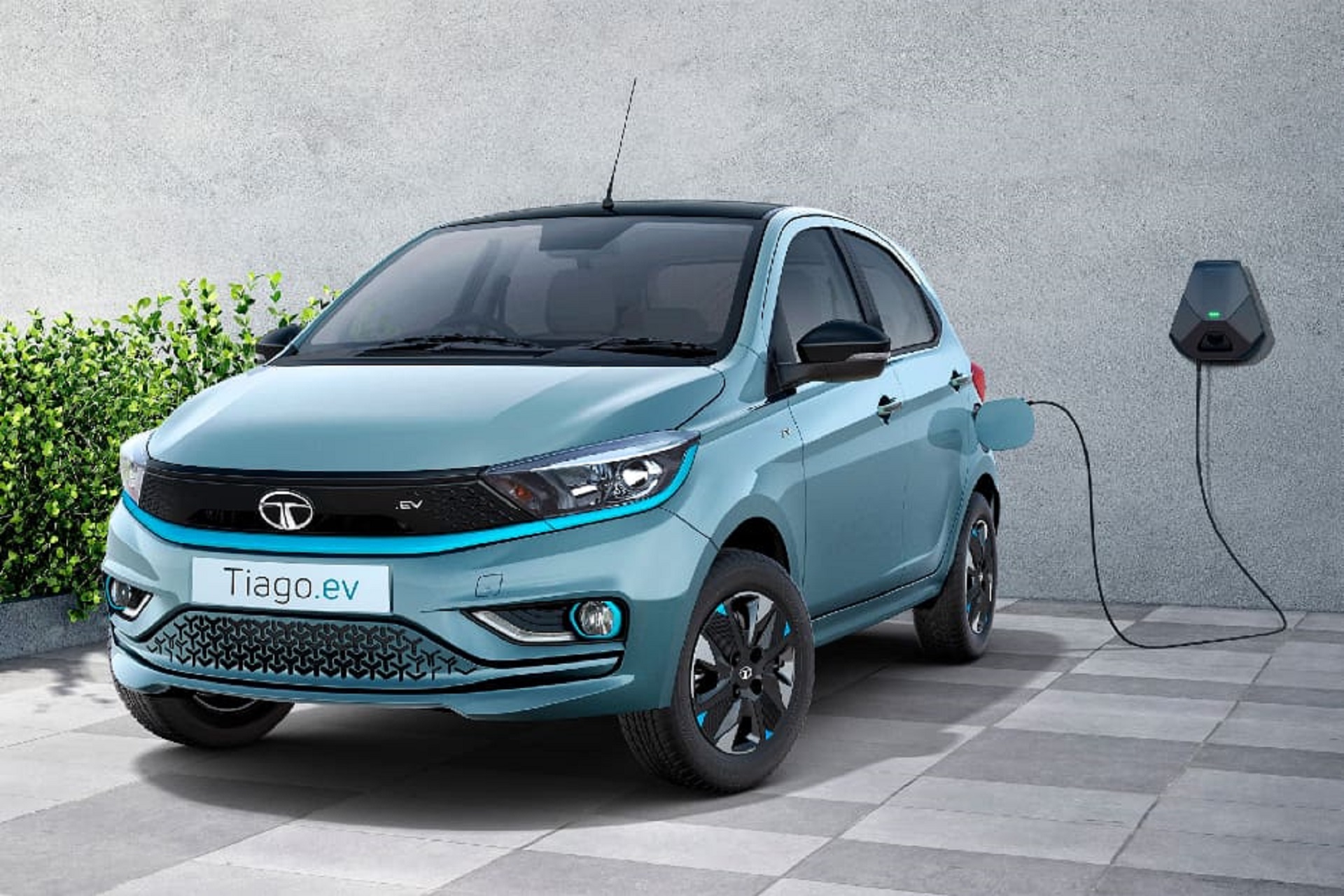
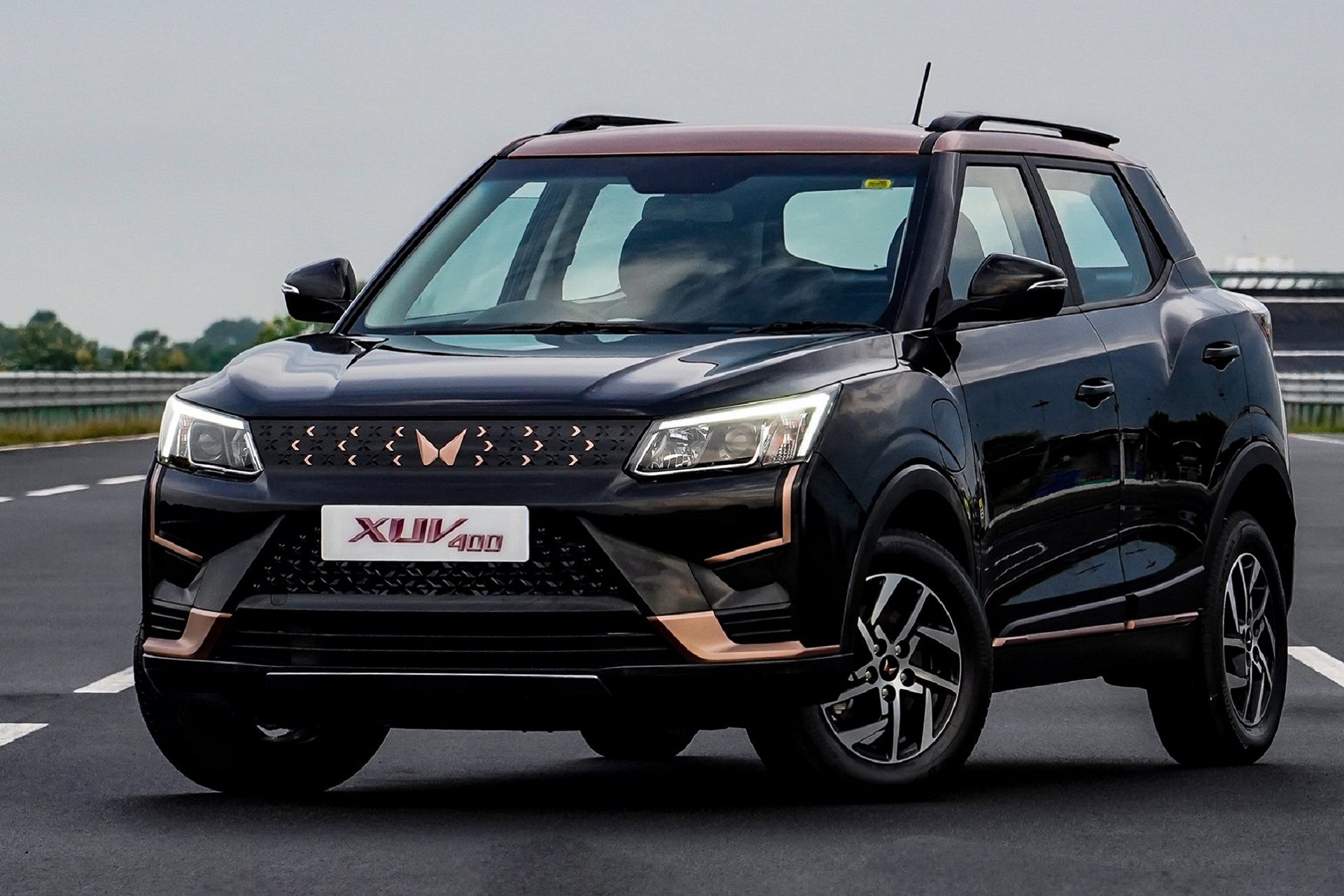
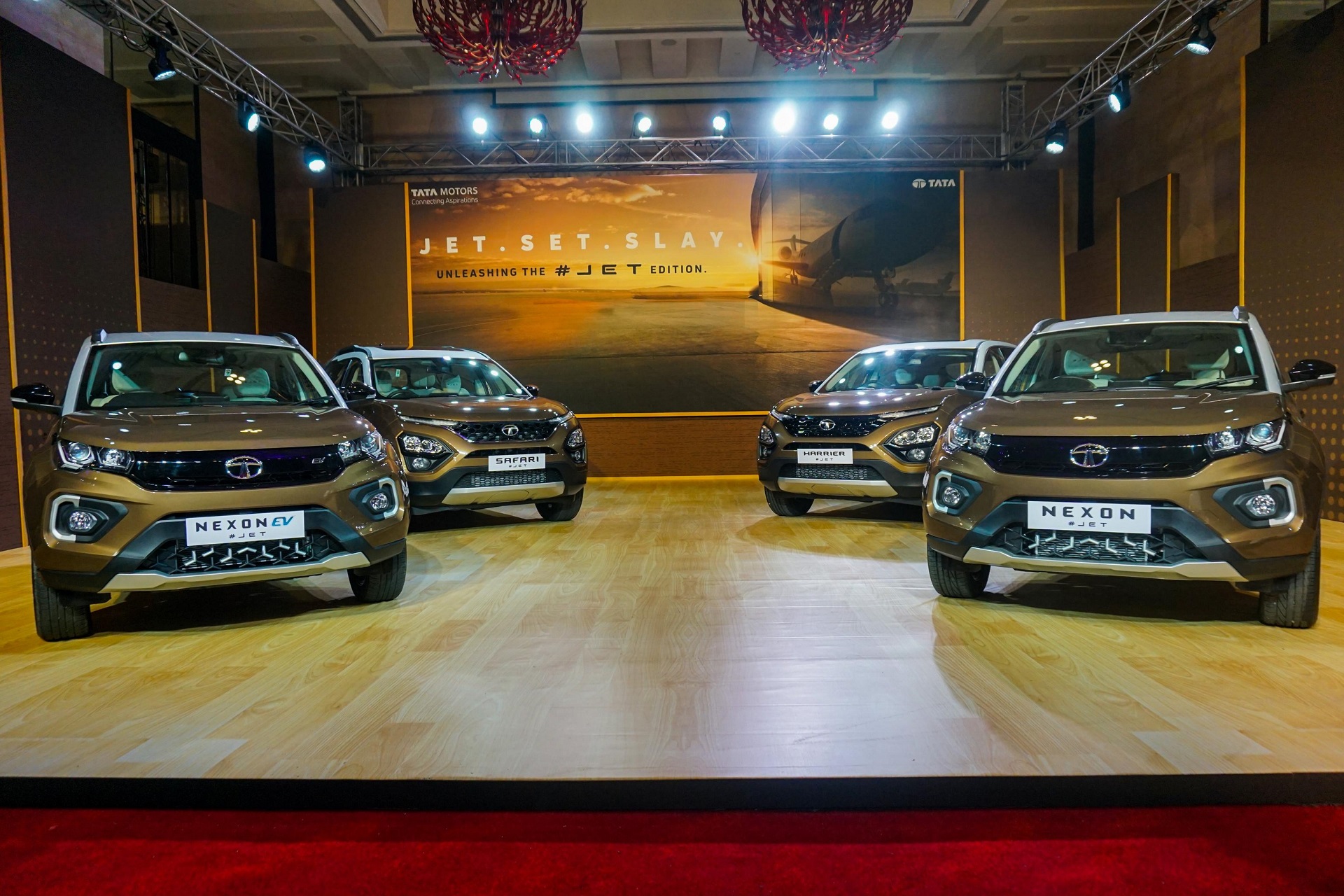
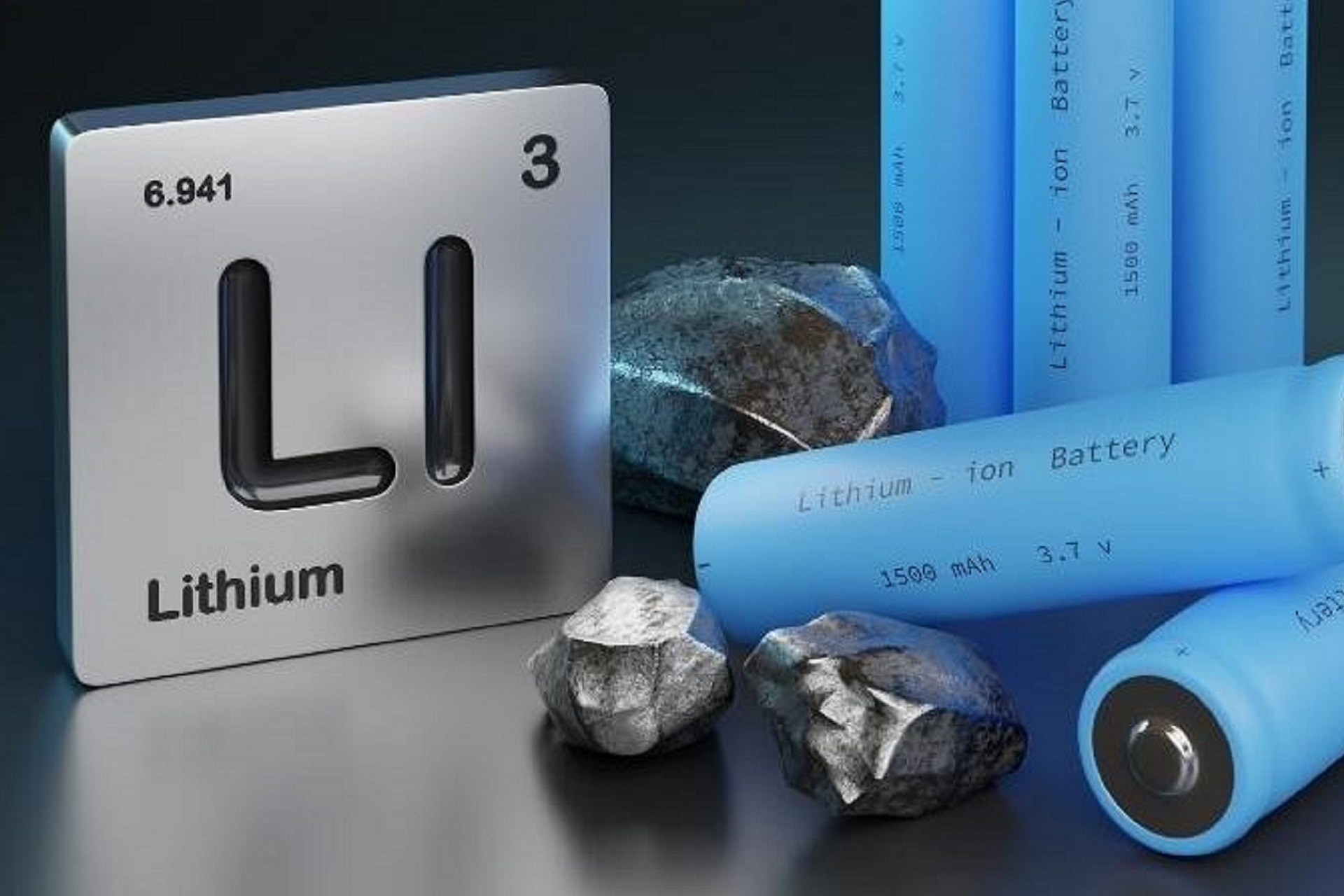
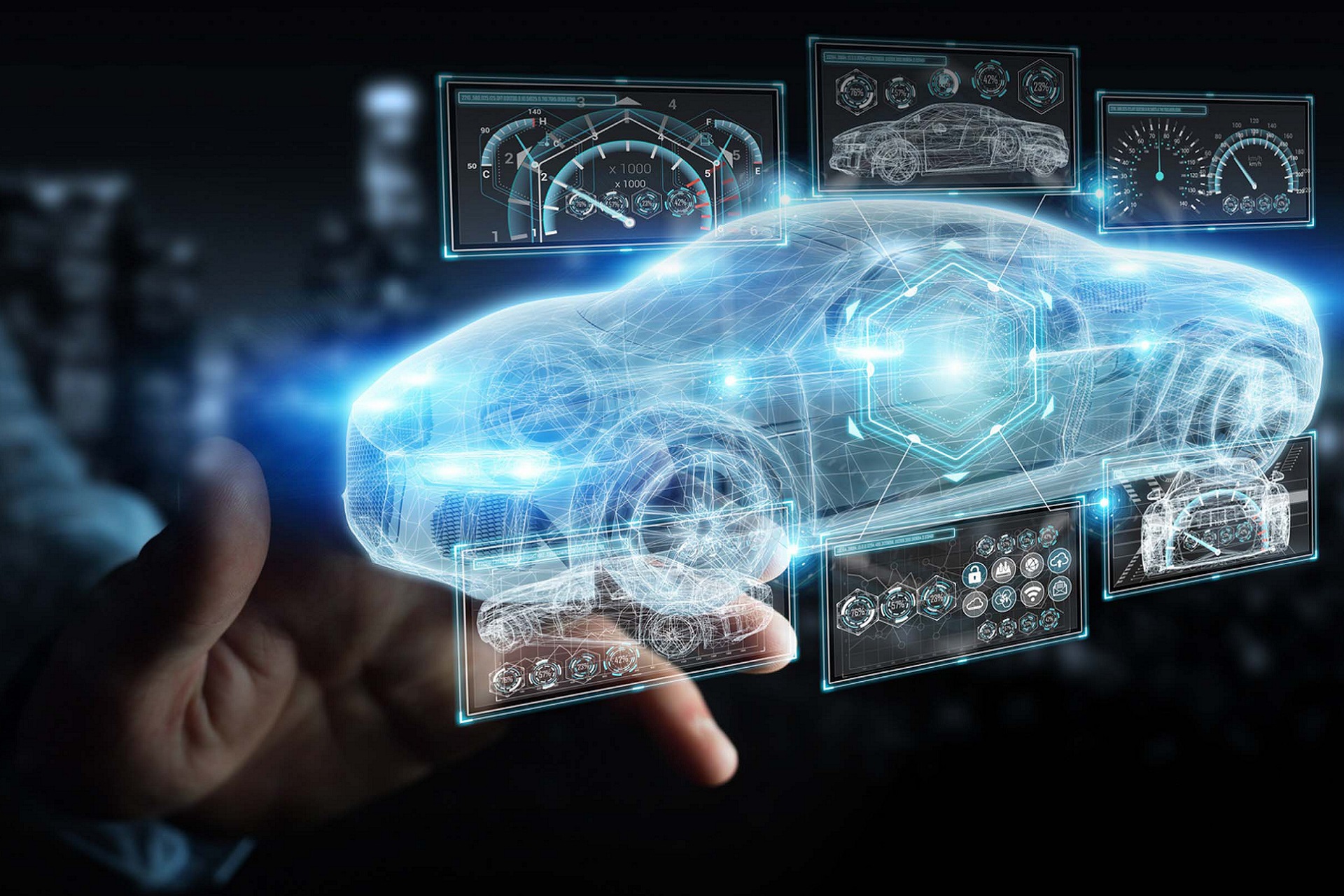
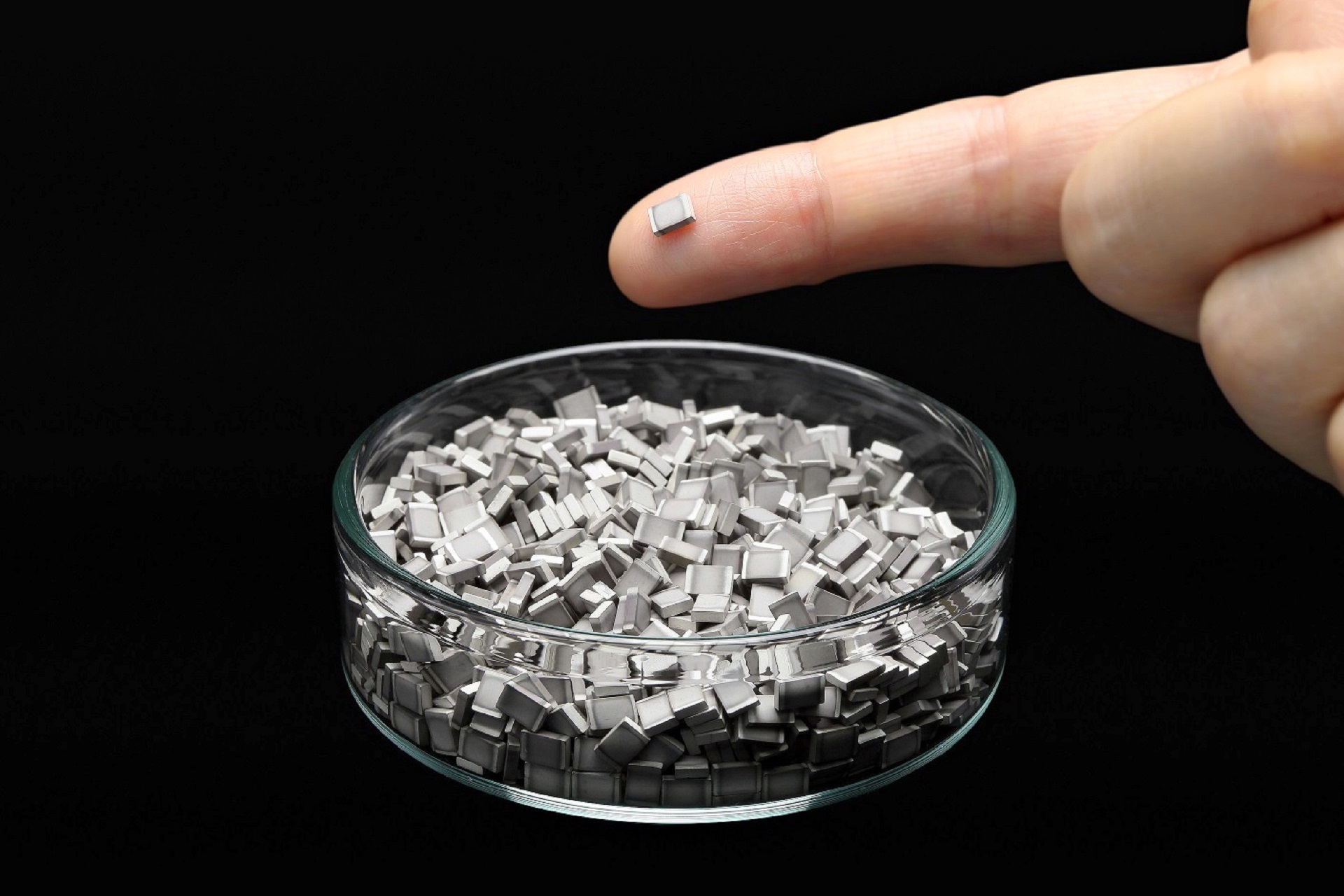
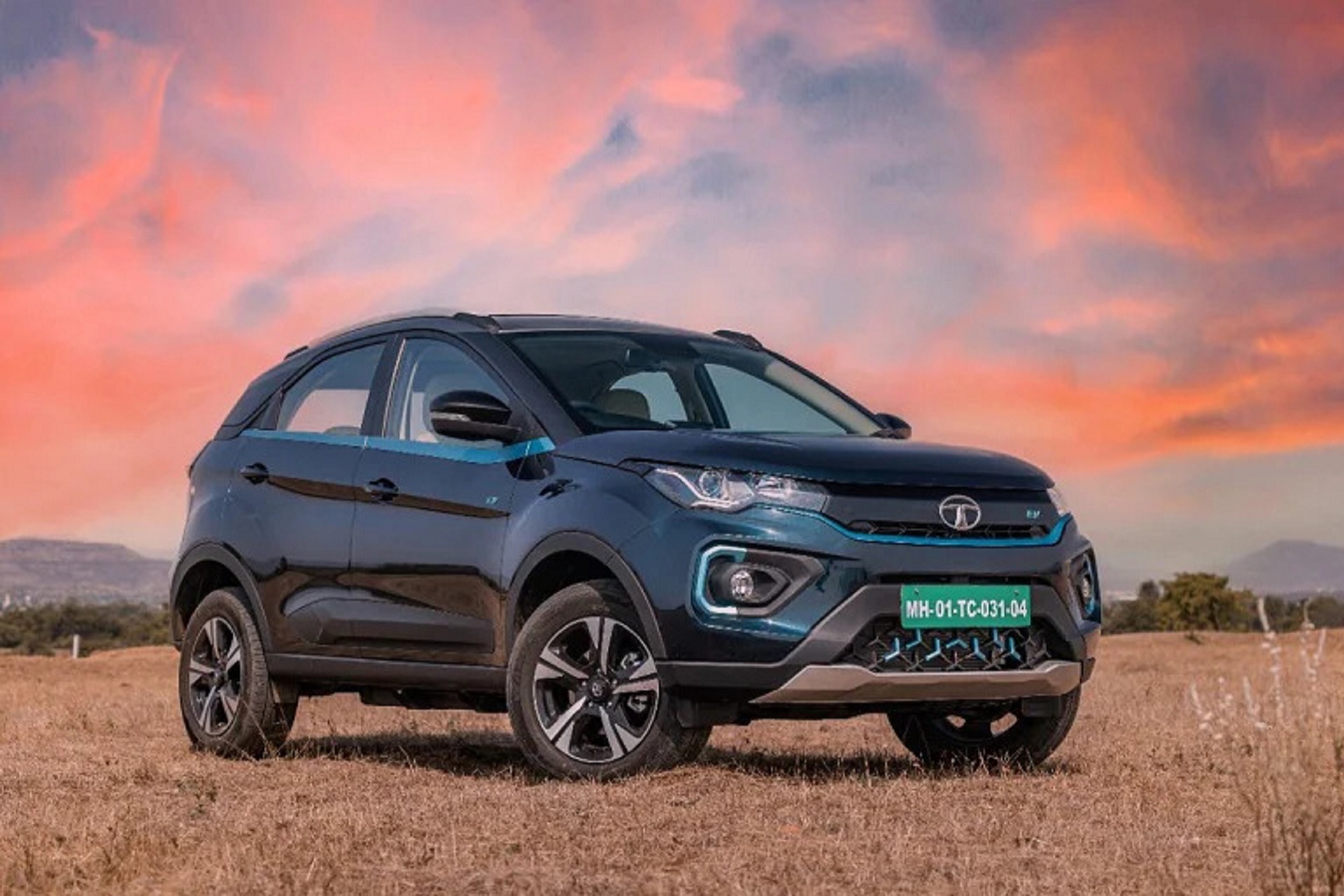
Please Login / register to post your comments!!
0 Comments